With the resumption of the Premier League put back to at least the end of April, further doubt has been cast over when the 2019/20 season will be concluded.
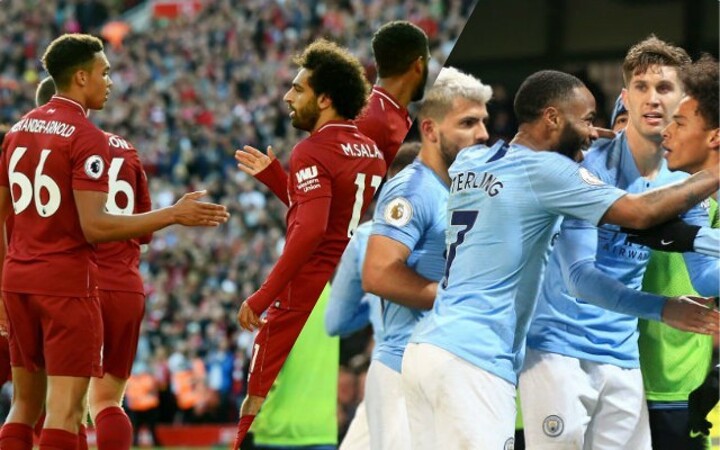
Clubs and officials met on Thursday to discuss plans for the remainder of the season following the coronavirus outbreak, and it was announced that professional football in England will not resume until April 30 at the earliest.
The governing bodies had originally agreed a suspension last Friday until early April 4, but with the progress of COVID-19 remaining unclear, the health and welfare of players, staff and supporters has been made the top priority.
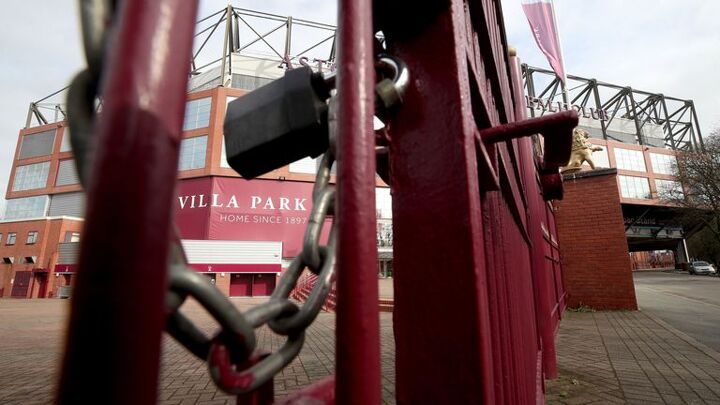
With so many unknowns, let us attempt to plot how the season can be concluded based on the revised resumption of April 30.
That would mean Gameweeks 36 to 38 would remain in their current positions in the calendar. For many Premier League clubs, that would mean only six games that need rearranging between Monday May 3 and June 30.
When could the six games be made up?

Ten of the 20 Premier League clubs have just nine games to play in all competitions: Liverpool, Tottenham, Burnley, Crystal Palace, Everton, Southampton, Brighton, West Ham, Watford, Bournemouth.
Remaining fixtures for Premier League clubs in 2019/20
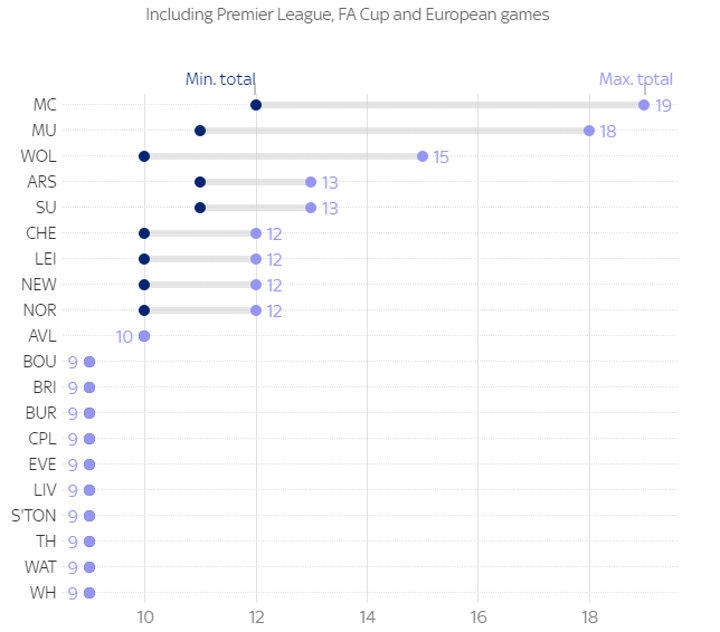
Aston Villa have 10 more fixtures to fulfil, including their game in hand against Sheffield United. The Blades are one of eight Premier League clubs still in the FA Cup, meaning there will naturally be further postponements should that competition be played out within the current allocated windows as agreed at the start of the season.
Manchester City have by far the most congested schedule. Provided they progress to the Champions League and FA Cup finals, they could have as many as 19 games to play between now and the end of the campaign.
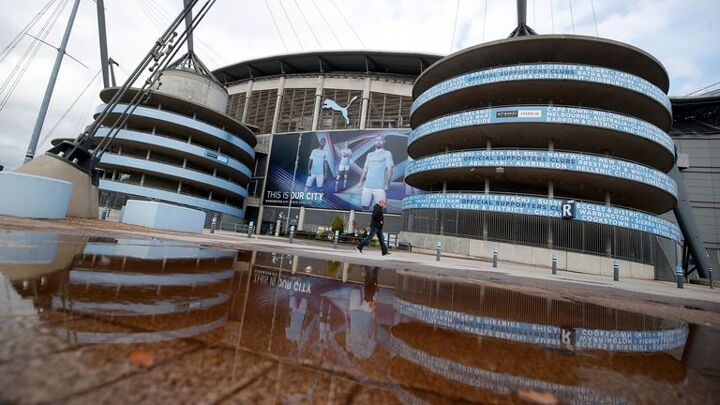
UEFA’s decision on Tuesday to postpone Euro 2020 until the summer of 2021 was with a commitment to complete European leagues and UEFA competitions by June 30 – and this could lead to one-legged ties across both the Europa League and the Champions League.
Including the two previous postponed rounds of Premier League fixtures, six Gameweeks need to be re-arranged.
For those clubs, both not in European competition and not due to face either City or Wolves, five midweek fixtures would extend the Premier League season until early June in theory.
A return of domestic action at the end of April still appears ambitious. All plans are subject to change given continued uncertainty around the coronavirus pandemic, and all decisions will fundamentally be driven by the government.
The likelihood is that will change once more in a couple of weeks, while European football would like to have all of its commitments fulfilled by the end of June.
“That date, June 30, remains flexible, particularly if the FIFA working group decide to relax the rules on player contracts and registrations,” added Sky Sports News’ chief reporter Swanson.
“This is still a fluid environment with plenty of opinions and ideas. Clubs are going to continue talks next week but public health has and will always be the top priority.”
This date is significant for a number of reasons.
Firstly, contracts tend to run to this point. Players have been able to sign pre-contract terms with clubs in other countries since 1 January.
Even if “normal” transfers are done before then, most do not become active until 1 July.
Any extension to the season beyond the end of June would require a change to the rules. World players’ union FIFPro has spoken to Fifa about the practicalities of this, with a blanket
extension of a couple of months being suggested. This is possible. But it would be far easier not to have to implement it.
It is not just player contracts though. Changes in kit suppliers and sponsors also tend to come into force on 1 July.

It may seem fairly straightforward to conclude the sponsor of a kit should remain the same for an entire season. But what if a promotional campaign had been set up around a new shirt at the same time as a club was playing with the old shirt, made by a different company, with a different logo?
In the advertising world, where huge amounts are being spent on “maximising the brand”, these things matter.
Another factor is that 30 June is viewed as the final date for seasons to conclude across Europe without having a significant impact on the following campaign.
With a short break, clubs could have a three-week pre-season and be ready to go again in August.
Under the circumstances, it is inconceivable any of the big clubs would be arranging the kind of extensive summer tours that have become the norm, so, more likely, they would have a couple of friendlies before starting again. The Premier League’s opening weekend is due to be on 8 August.
Uefa feels if the season ends on 30 June, they could squeeze in all the qualifying rounds for their tournaments before the group stages begin in September.
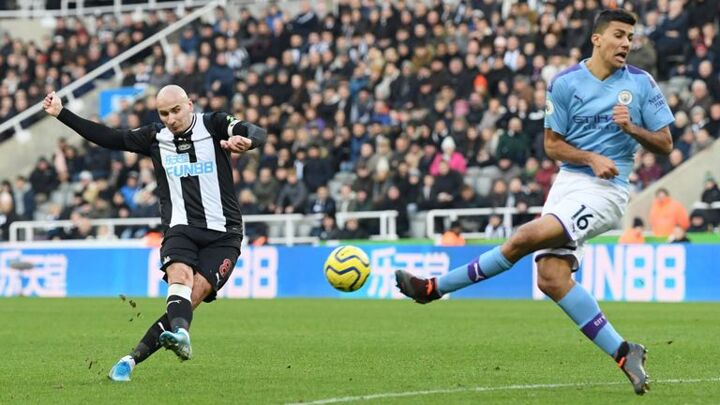
The FA Cup quarter-finals were due to take place between March 21-22, with the semi-finals on April 18 and April 19. The Wembley showpiece is still set for May 23, although that too is now likely to change.
Should completing the league season be made the priority, the three remaining rounds could be fulfilled once the 38 league fixtures have been completed.
The FA is yet to provide any further detail on how the cup competition will be played out, but Thursday’s statement added: “We are united in our commitment to finding ways of resuming the
2019/20 football season and ensuring all domestic and European club league and cup matches are played as soon as it is safe and possible to do so.”
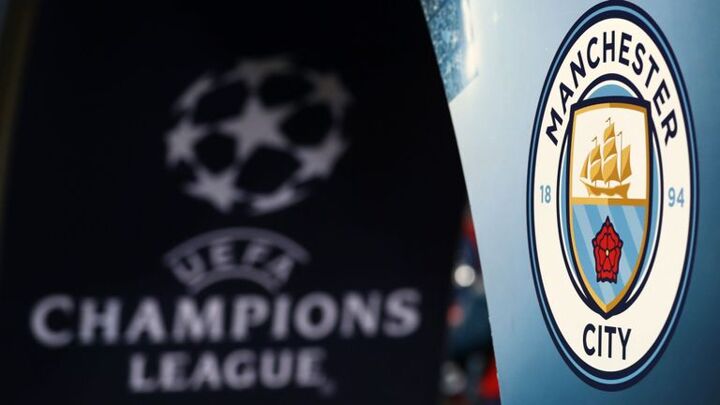
Manchester United are still battling on three fronts: Ole Gunnar Solskjaer’s side are in a strong position to advance to the Europa League quarter-finals having beaten LASK 5-0 away from
home before the suspension, while they have been drawn to face Norwich in the FA Cup quarter-finals.
There are still four remaining Champions League last-16 ties to be completed – including Chelsea’s trip to face Bayern Munich and Manchester City’s game with Real Madrid at the Etihad – while the quarter-finals were due to take place in the first two weeks of April.
The semi-final first legs will also now need to be rearranged, having been scheduled to be played on April 28 and 29.
Given the pandemic has affected all European leagues, and therefore all European cup competitions, UEFA is looking into ways of ensuring all nations can avoid cancelling scheduled fixtures.
There could be a way of condensing both European club competitions. Mini tournaments to decide the Champions League and Europa League this season will be options on the table when UEFA convenes on Tuesday.
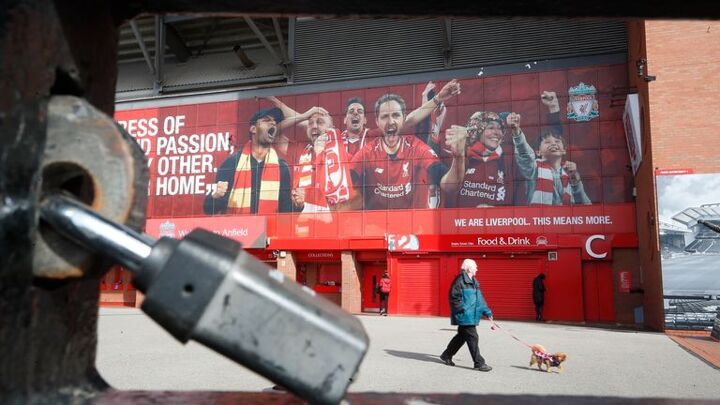
Could many of the games still be played behind closed doors once the Premier League does return?
Public health will always remain the No 1 priority. Premier League clubs understand the need to resume games. But they also understand the game will always remain second to health.
Usually, there is at least one ambulance at every game, in case of a serious head injury, for instance. No club will want to put any additional strain on an already stretched national health service.
Until the pandemic is contained in England, it seems unreasonable to expect any games to resume, even with no fans inside stadiums.
Now Playing: Love Bug
Aretti Adi
SPONSORED LINKS
LOAN FOR TRAVEL, VISA, JAPA, PoF UP TO N200M (CLICK HERE)
[CLICK HERE] For Music Artwork, Website Design And SEO Setup
INSTALL 9JAFLAVER MUSIC APP, STREAM, DOWNLOAD, AND PLAY MUSIC OFFLINE
CHECK OUT FUNNY PICTURE AND MEME HERE (CLICK HERE)
Chissom Anthony – Glory To God In The Highest [See Trending Gospel Song]
Copyright © 2014-2026 9jaflaver. All Rights Reserved.
About us | DMCA | Privacy Policy | Contact us
| Advertise| Request For Music | Terms Of Service
9jaflaver is not responsible for the content of external sites.